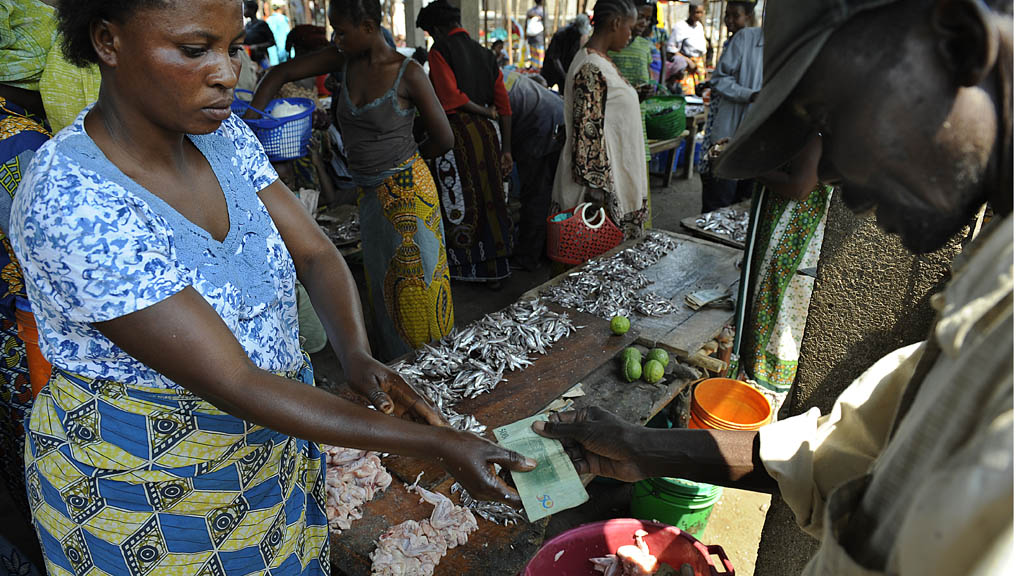Will new trade deal help poor countries?
A deal making global trade easier has been agreed by the World Trade Organisation after 12 years. But opinions differ about how much impact it will actually have.

Negotiations on lowering trade barriers have dragged on since 2001, but seemingly to everyone’s surprise, the World Trade Organisation (WTO) managed to pull off a deal on Saturday morning.
The package passed by the WTO’s 159 members will reduce barriers to trade by speeding up customs procedures and reducing tariffs on imported goods.
The deal is a diminished version of the package on the table 12 years ago – envisaged at the Doha round of talks as a way of tearing down international trade barriers so that goods can move fast and freely across borders. Opening markets was intended to boost global trade and improve the lot of poor countries, which would find it easier to sell their products abroad, helping them to build up domestic industries and create skills and jobs.
Helping developing countries to grow is the right thing to do. David Cameron
British prime minister David Cameron claimed the deal would be great for Britain, but stressed it would also have a pay-off for poor countries.
“I am delighted that we have secured an impressive global deal worth over £1 billion a year to British businesses and £70 billion globally,” he said.
“This deal will help boost our exports, meaning that UK companies can grow and employ more people. By slashing barriers to trade, this deal will also provide a lifeline to the world’s poorest people. Helping developing countries to grow is not only the right thing to do, but it also increases potential markets for us all.”
But economic experts from Oxfam disagreed, saying that while the deal may well help richer countries, it was “meaningless” from a development perspective.
“The trade facilitation agreement is certainly no game changer for the poor. Its gains have been grossly overestimated, while the costs of implementation for poorer countries were completely ignored,” Romain Benicchio, senior policy advisor with Oxfam, said.
The trade facilitation agreement is certainly no game changer for the poor. Oxfam
Plus, the parts of the new deal that should allow poor countries to sell their goods duty-free in rich countries are only “best endeavour commitments”, he said – something that rich countries have to “try to do” but are not bound to deliver.
“The decisions are unlikely to help make an economic difference for poor countries. It is all best endeavour language, which is the trade negotiators equivalent of crossing fingers behind your back,” he added.
The deal is seen as a victory for the WTO, and is the first deal in the history of the organisation, set up in 1995. Director General Roberto Azevedo cried when he announced it this morning, saying: “We have put the world back into the World Trade Organisation. For the first time in our history, the WTO has truly delivered.”
EU trade commissioner Karel De Gucht said: “I believe it’s a very important deal. It is the first one since the inception of the WTO two decades ago. I would argue that what we did today is a quarter of the Doha agenda. On top of that it’s a stepping stone.”
-
Latest news
-
FactCheck: Liberal Democrats £27 billion spending plans explained

-
FactCheck: Reform UK’s employer immigration tax explained

-
What do Tory heartland voters want? A view from East Sussex4m

-
IDF ‘tactical pause’ to allow Gaza aid criticised by Israel leader Netanyahu3m

-
Social media ‘part of the problem’ in undermining politician security, says former MP5m

-




